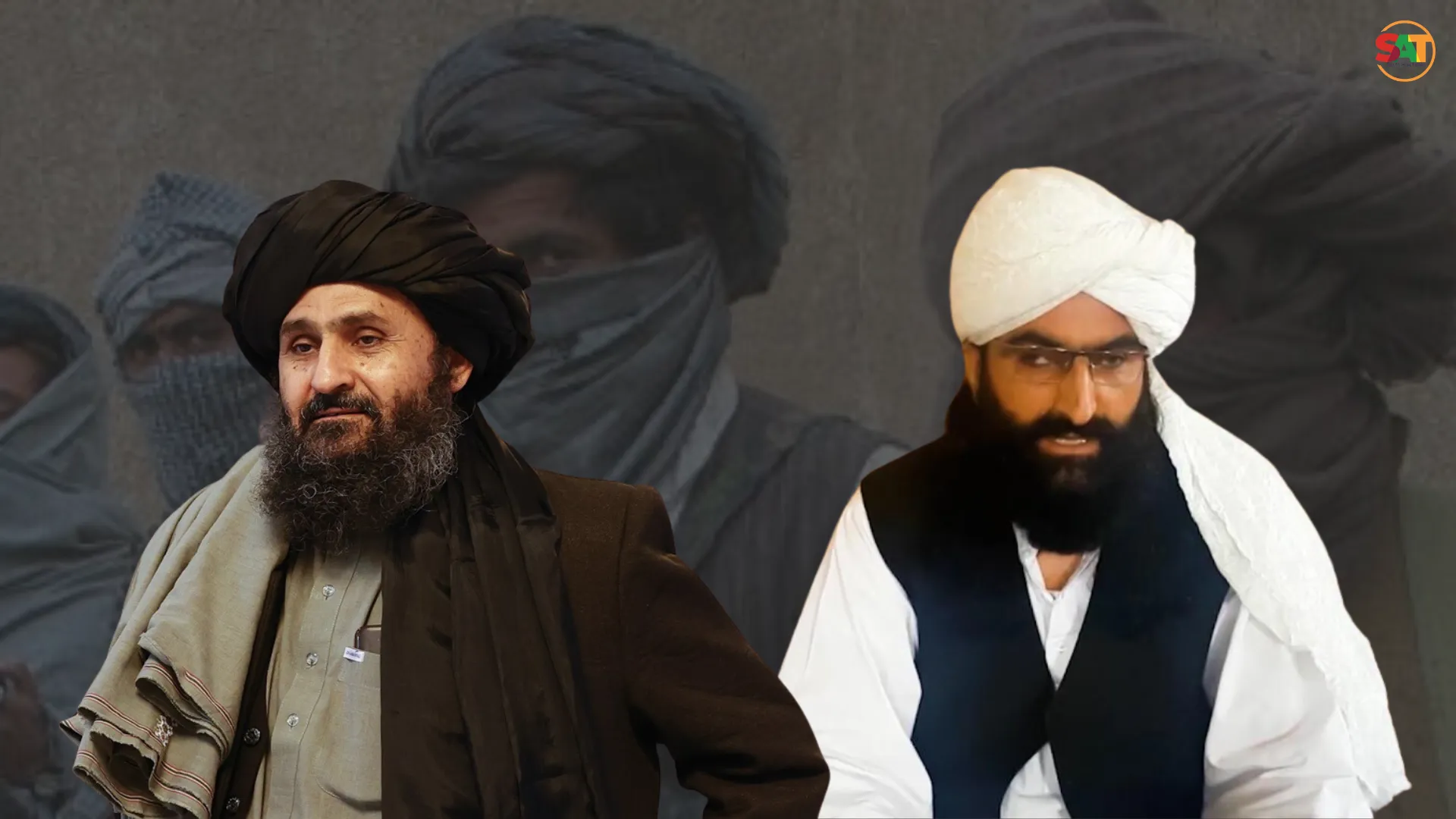A recently published UN Security Council report underscores the growing presence of the outlawed Tehrik-i-Taliban (TTP) under the shadow of the Islamic Emirate of Afghanistan (IEA). The preceding two reports also reveal a consistent increase in TTP’s strength and capabilities. The TTP’s breathing space comes at the expense of Pakistan’s peace and stability since the TTP continues to escalate its attacks on Pakistani security forces and civilians, the most recent being the suicide bombing at the Ali Mosque in the Jamrud area of Khyber district. Thus, it is worthwhile to delve into the TTP-IEA relationship in detail.
Group Merger Phenomenon
Since the IEA took control in Afghanistan in 2021, the TTP’s merger process has accelerated at an unprecedented rate; hitherto, 34 parties had rubbed shoulders with the TTP’s chief, Noor Wali Mehsud. The IEA appears to have orchestrated this string of TTP mergers. The minor organizations could have otherwise joined the Islamic State-Khorasan Province (ISKP), an anti-Taliban Salafist Jihadist movement. By putting these factions under the TTP, the IEA may find it easier to deal with the fragmented terrorist factions roaming freely in Afghanistan from a strategic standpoint.
However, by allowing the TTP to use Afghan soil as a strategic springboard from which to ambush Pakistan, the IEA is in violation of their international promises made at the Doha Agreement, in which they pledged to the world that they would not provide safe havens for international terrorist organizations.
IEA: Plausible Deniability
Regrettably, the IEA is uncompromisingly steadfast in its cordial relations with the TTP, yet the former denies the latter’s presence on their soil. The ground facts illustrate otherwise, as the IEA has killed the TTP’s top leaders in Afghanistan. For instance, TTP’s Abdul Wali, also known as Omar Khalid Khorasani, died in a roadside bomb blast in Afghanistan’s eastern province, Paktika. Even in the third week of July, news was circulating that the TTP\’s chief, Noor Wali Mehsud, had escaped a deadly attack in the Kunar province of Afghanistan.
As it appears, the IEA leadership is at ease while accommodating the TTP or ignoring the TTP’s continuous ambushes on Pakistani soil. The IEA’s plausible deniability of the presence of TTP terrorists in Afghanistan might have two possible explanations. First, the IEA does not want to disregard the TTP, which has fought alongside the Taliban in Afghanistan against the United States. Moreover, if the IEA cornered the TTP members, they may assist ISKP operations against the IEA.
Second, the IEA has evolved from a non-state actor to a state actor. Its statecraft may function similarly to that of other states. This implies that the IEA is likely following Machiavellian statecraft. The IEA may be using the TTP as a strategic tool to put pressure on Pakistan. Additionally, plausible deniability and exerting pressure on Pakistan please nationalist Afghans. They begin to trust the IEA as being free of Pakistan’s influence.
Cost of Support
The reason(s) could be any of the aforementioned or both; however, the IEA’s bread is buttered on both sides as far as the TTP is concerned. Despite this, the IEA faces political, strategic, and economic repercussions.
Politically, the IEA is burning its candles on both sides in order to get international de jure recognition. It will be impossible until the IEA ceases to support the internationally notorious and outlawed TTP.
Strategically, TTP serves as the mother organization of ISKP. TTP’s relations with the East Turkestan Islamic Movement (ETIM) are glaringly obvious to China. According to ground reports, TTP and ETIM are strengthening their interpersonal relationships in Badakhshan through marriages. As a result, supporting TTP is synonymous with supporting ISKP and ETIM.
Economically, until and unless the menace of TTP is eliminated from Afghanistan, Foreign Direct Investment (FDI) may remain a pipe dream for the current Afghan regime. Significant investors such as China and Russia are hesitant to invest in Afghanistan. They are deterred by the TTP’s long-standing ties with the ETIM and the ISKP. When the IEA retook Kabul, for example, the TTP and ETIM conducted meetings in Afghanistan’s Nuristan province.
In conclusion, Afghanistan and Pakistan find themselves constrained by geographical determinism that predisposes them to particular security concerns. This situation engenders a shared security paradigm. The manifestation of insecurity in one state inherently depends on the experience of insecurity in the other state. Consequently, the Islamic Emirates of Afghanistan (IEA) must attentively address the predicament presented by the TTP. If the IEA fails to address this issue resolutely, neither Afghanistan nor Pakistan will progress toward economic prosperity.
The views expressed in this article are the author’s own. They do not necessarily reflect the editorial policy of the South Asia Times.




![Ukrainian and Russian flags with soldier silhouettes representing ongoing conflict. [Image via Atlantic Council].](https://southasiatimes.org/wp-content/uploads/2026/02/2022-02-09T000000Z_1319661209_MT1NURPHO000HXCNME_RTRMADP_3_UKRAINE-CONFLICT-STOCK-PICTURES-scaled-e1661353077377.jpg)

